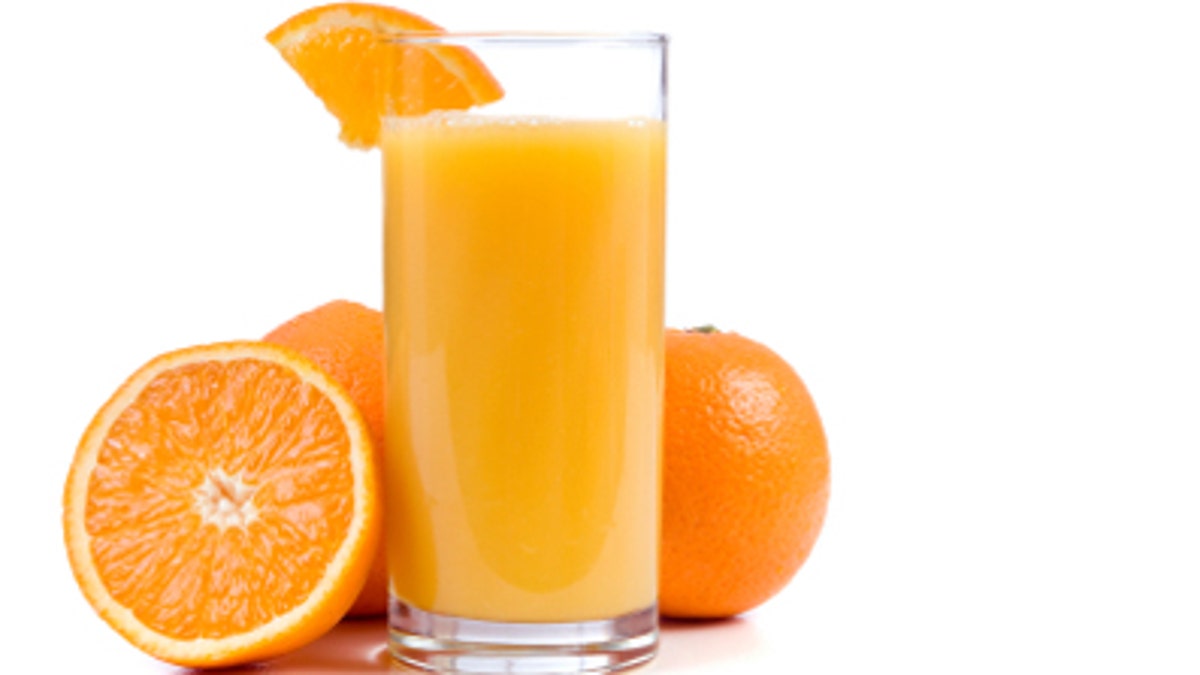
Cola-Cola Co. said Wednesday it found an unapproved fungicide in orange juice made by Coke and its competitors, and alerted federal regulators that some Brazilian growers had sprayed trees with the substance.
The beverage giant, which makes Simply Orange and Minute Maid, would not say which brands had shown the fungicide. Both brands contain juice from Brazil.
Related: Fungicide in orange juice: What's next?
The Food and Drug Administration said Monday an unnamed juice company had detected low levels of the fungicide in "its and competitors' currently marketed finished products." Those products include some that were on store shelves, according to a person familiar with the matter.
Coca-Cola's disclosure came after the FDA gave more details about how it is testing to block or remove any potentially contaminated orange juice from the US market.
The agency said it is testing orange juice sold in supermarkets for the potentially harmful fungicide. Concern that the fungicide could damp demand for orange juice sent futures prices for the commodity plunging on Wednesday.
The Environmental Protection Agency said consumption of orange juice with the fungicide at the low levels that have been reported does not raise safety concerns.
Coca-Cola and PepsiCo Inc., which makes Tropicana and Dole, combined held almost a two-thirds share of the US orange-juice market in the past year, according to Sanford C. Bernstein & Co. PepsiCo initially said it wasn't the company that alerted federal regulators, but didn't immediately provide comment after Coke came forward.
Imported shipments of orange juice are being stopped at ports while the FDA conducts tests for the fungicide, known as carbendazim. In their inspections at supermarkets, FDA inspectors are focusing on US brands agency officials believe contain a high percentage of Brazilian juice.
If any retail orange juice tests positive for what amounts to a trace level of the fungicide—80 parts per billion or higher—FDA spokeswoman Siobhan DeLancey said the agency "will take steps for its removal from the market."
